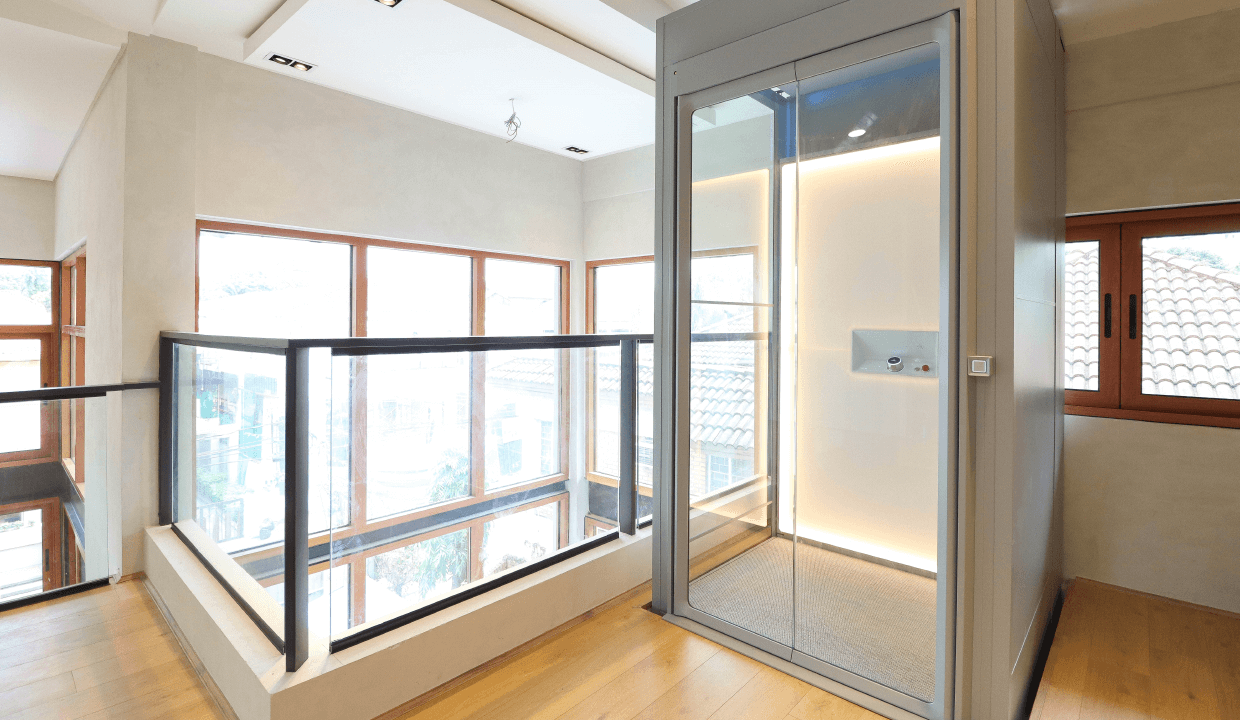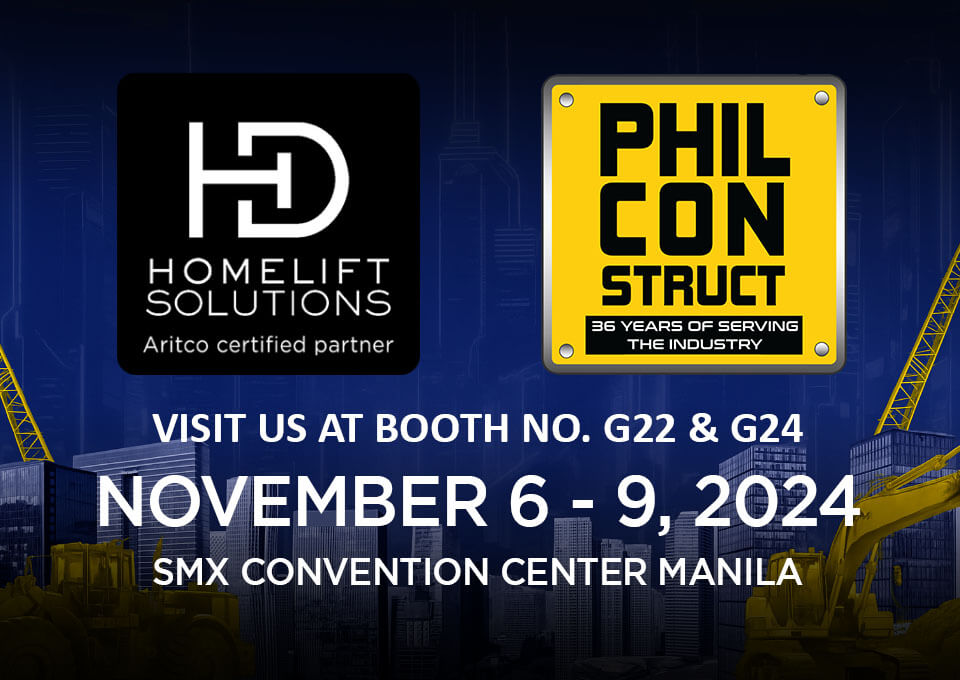
Modern House Elevator Design in the Philippines
January 5, 2023
Service Elevators in the Philippines
February 3, 2023What are Factors to Consider When Choosing a Home Elevator?

In recent years, elevators have evolved from being a status symbol to becoming a necessity. Elevators are in high demand for some reasons, such as convenience, accessibility, and aesthetics. Elevators are safer than stairs for the elderly and individuals with mobility problems.
The home elevator tends to be a scaled-down model of a commercial elevator in a building. Different types are available, each with unique operating features, specifications, and costs. An elevator consists of a vertically moving cab that travels between floor levels. Consider several factors before purchasing an elevator to help you make the right choice.
Factors that Need to be Considered When Choosing a Home Elevator
Size – The size of a home elevator depends on its layout, the available interior space, and the number of people who will use it. It is also crucial to consider shaft size and cab design for people who want wheelchair accessibility. Some home elevator companies provide a customized lift to ensure the unit fits perfectly inside.
Traveling Speed – Another crucial aspect to consider when buying a home elevator is the traveling speed. According to safety codes, home elevators may only operate at a maximum speed. Most home elevators travel at approximately 30 to 40 ft. per minute.
Load Capacity – A typical home elevator can carry up to a thousand pounds or multiple people. Home elevators with lower load capacities are available if you need to transport a single individual at a time. If a home elevator is required to carry a wheelchair passenger, consider the weight of the passenger and the wheelchair. Additionally, the cab must be spacious enough to transport a wheelchair with ease.
Appearance – Home elevators can be customized to suit the house’s layout and design aesthetic. Today’s home elevators feature modern designs and finishes and can provide a sense of elegance. Also, simple yet elegant designs are available to incorporate into various styles. Elevator walls come in various materials, including wood panels and coatings, metals, and different finishing techniques.
Security – Security and safety are crucial, but poorly maintained elevators can cause problems. All elevators must comply with a few safety protocols to minimize the risk of accidents. A home elevator should include safety features such as emergency stop buttons, Smartlift apps, Smart buttons, Smart doors, safety edges, backup batteries, slip-resistant flooring, and emergency call buttons in case of elevator accidents.
Price – As home elevator prices vary greatly, it is vital to establish a budget in advance. The budget depends on the home structure, elevator type, features, application, system, finish, and personalization. Additionally, consider the lift’s initial price, installation costs, and whether a home renovation is necessary for the elevator. Prioritize your needs first, then set a budget accordingly.
Drive Systems – Consult the elevator provider about the type of drive system used. The drive systems available for home elevators are highly advanced, with varying features, benefits, and price ranges.
Visit a Showroom
Home elevators come in many styles, making it essential to visit a showroom and examine the product in person before making a final decision. This way, you can test the ride quality and look at the materials and finishes. You will also ensure your quotation has the exact features you are seeking.
Investing in a home elevator is a very wise move, as it increases the value of your home as well as provides safe and reliable access to your home for all your family members. Before making a purchase decision, review trusted home elevator companies and weigh all the factors mentioned above.
As a certified partner of Aritco Lifts, HD Homelift Solutions Corp. provides innovative and efficient home elevators designed to meet specific accessibility needs. If you would like more information about HD Homelift’s services, please contact us at +632 8573 3348 or by email at [email protected].



